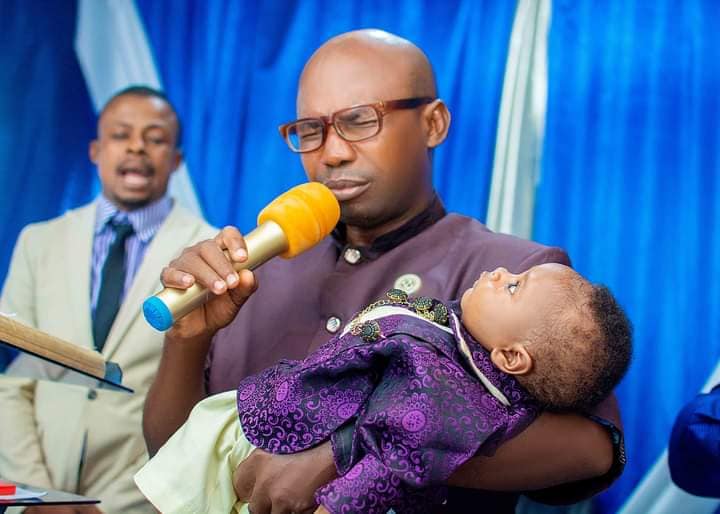In some congregations, licensed vs. ordained ministry is an early step on the way to full ordination, and also in the selection process for the ordained ministers themselves. The ordaining minister can only be ordained by the pastor and the elders of the congregation if they have received the necessary ordination and have completed all other requirements. ordained minister vs. licensed minister In other congregations, the ordained vs. licensed ministry distinction may simply be an early step along the way to ordaining the pastor, as well.
Ordained ministry vs. licensed ministry
Many denominations have a very specific standard that each pastor must meet before he or she can be ordained. For example, in many denominations the pastor must have a master’s degree in biblical studies and at least three years of experience as a pastor of a church. A few denominations also require that the pastor has been called to the office of elder and high priest by the church. It is important to note that this does not mean that one must first be ordained a deacon before being given the title and position of elder.
The ordained vs. licensed ministry distinction is also present when it comes to ordaining a high priest or a priest. These positions are known as “elder” in some congregations, while others have no official designation of elder. High priests are also required to be licensed, and usually require at least a bachelor’s degree, a master’s degree in divinity, or an experience that falls within the ordaining jurisdiction.
Many clergy members who are not ordained may find that it is easier to get ordained if they are able to meet the requirements of the church, rather than the requirements of the pastor or the elders of the congregation. Even if they do not have the degree needed to be ordained a pastor, some congregations will allow them to take a class in biblical studies. This would help them meet the requirements of their religion while also becoming familiar with the church’s teaching and practice.
While clergy members are not required to be ordained by the pastor or the elders of the congregation, in some cases they are expected to become ordained at a certain time. It is not unusual for some pastors to call for ministers to be ordained on their initial appointment.
Although the ordained vs. licensed ministry distinction may not always be clear to some congregations, it is a useful tool for determining the eligibility of a pastor to become a minister and the process by which an ordained pastor becomes eligible to become a pastor license. Being aware of the distinction will make it much easier to choose an ordained minister who fits your needs.

